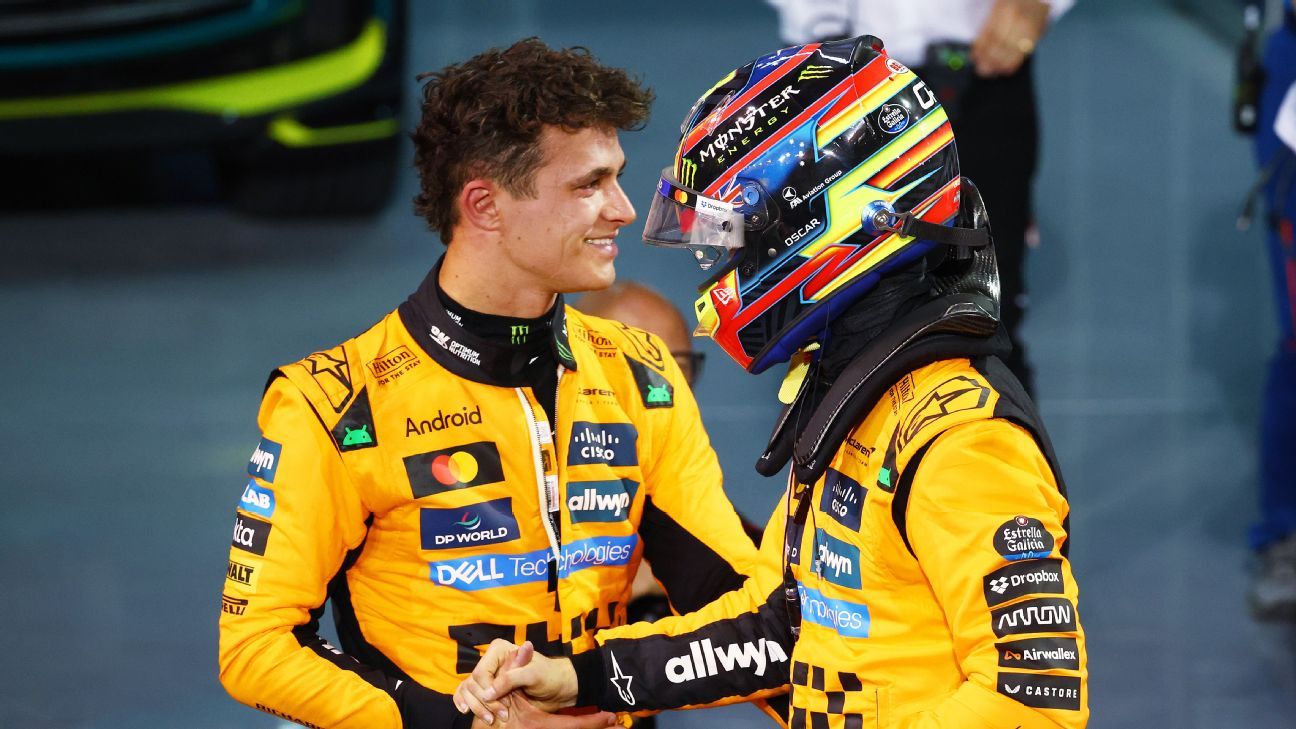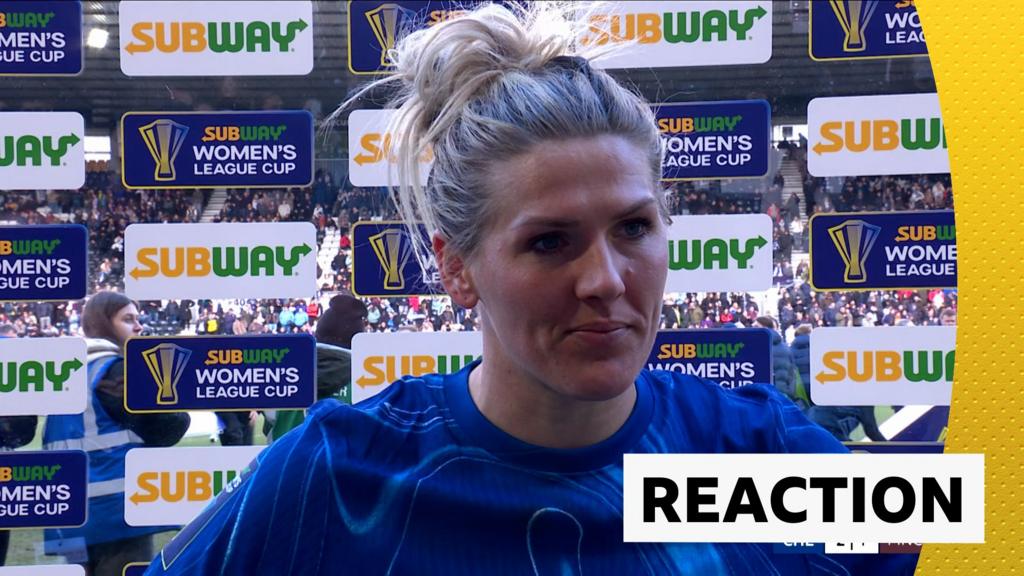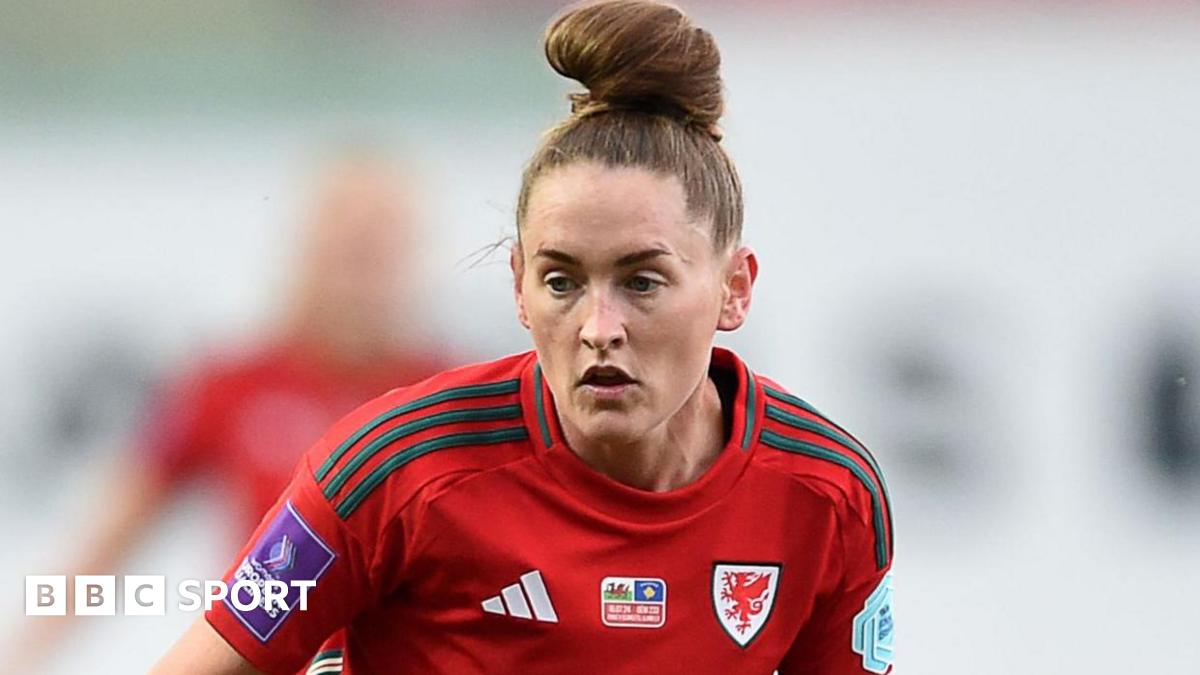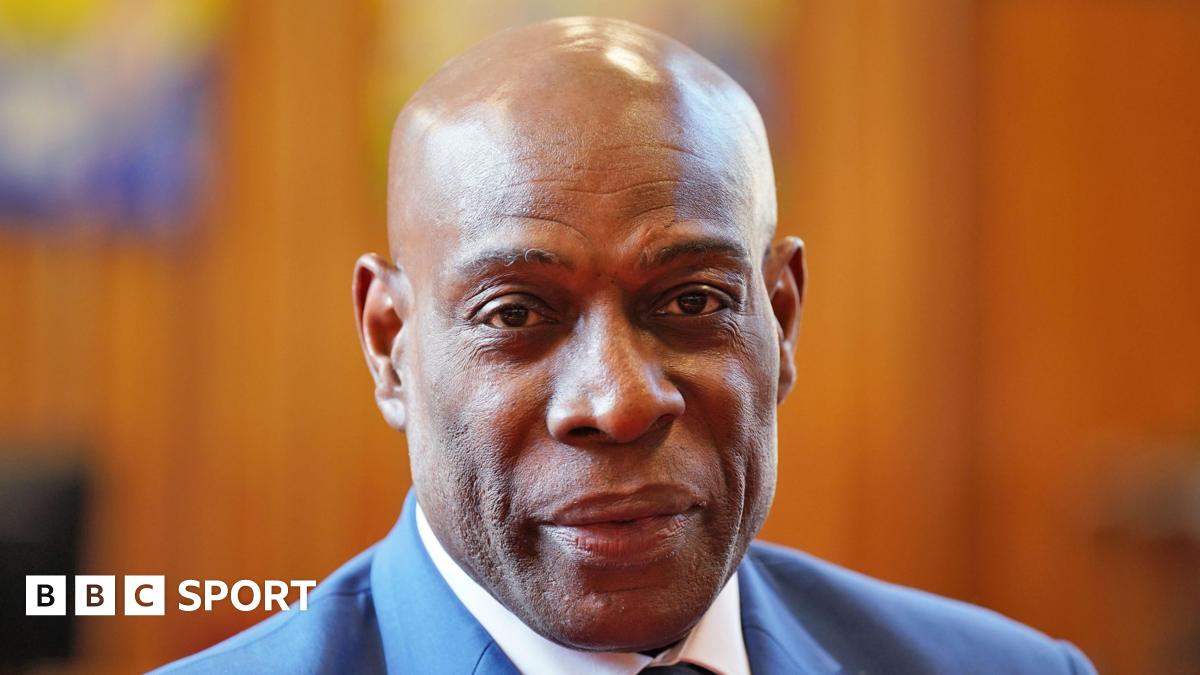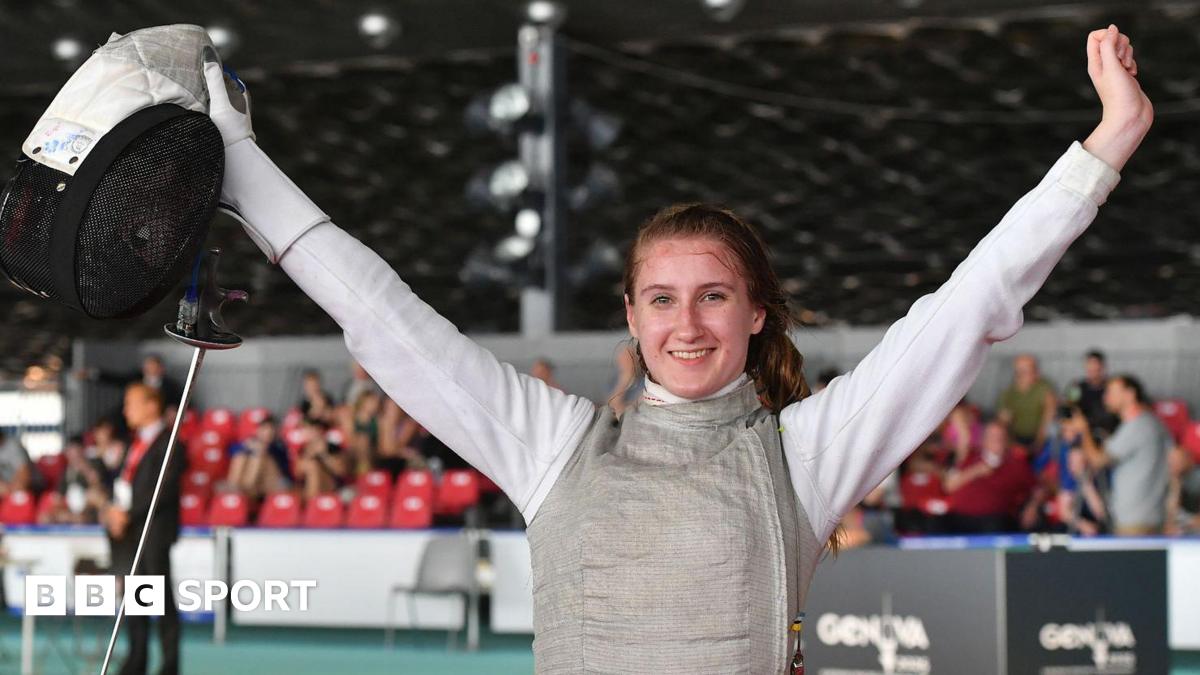Ruben Amorim tried to delay his arrival at Manchester United, but after finally agreeing to leave Sporting CP halfway through last season, he didn’t waste any time getting started.
It was a cold November international break when he arrived at Carrington for the first time. The majority of his squad were away playing for their countries, but that didn’t stop Amorim and his staff from giving the ones left behind a crash course in what was expected.
Top of the list was implementing a system completely different to the one employed by predecessor Erik ten Hag.
“From the moment he came into the club, he was very clear on how he wanted to play, the system he wanted to play,” Jonny Evans recalls. “He laid that out.
“We were on an international break at the time when he came in. He sat down with the squad and showed us. There were obviously a lot of players missing, and as soon as they came back, he sat them down and showed them.”
– A week of World Cup miracles: Best stories from amazing qualifiers
– Reacting to World Cup playoff draw: Who takes the final six spots?
– Connelly: Fixing what’s wrong with Liverpool, Barcelona, more
Monday marks the anniversary of Amorim’s first game in charge, with the 1-1 draw with Ipswich Town in November 2024 offering a first look at his plan for United. It also gave some insight into the problems the Portuguese coach was walking into.
“Everything was really fast,” Amorim remembers. “The first thought was the environment was really different in the Premier League, and I was excited by that. Right away, I knew we would struggle in some things.”
Even before meeting the players, Amorim had watched enough videos to know that the team under Ten Hag gave the ball away too often and the players weren’t fit enough to win it back effectively. The first half at Portman Road gave a glimpse of the individual quality of the group when Amad Diallo, playing in a new position at wing-back, raced down the right and crossed for Marcus Rashford to score inside the opening two minutes.
Omari Hutchinson made it 1-1 just before halftime, and in the second half, United confirmed the issues Amorim had identified beforehand.
“I think we have to improve the physical aspect of the team,” he said after the game. “I think we lose the ball too often and we have to keep the ball better. We have to be better when we run back.”
Just as big a problem was having only two days of training to work on the switch of system from Ten Hag’s 4-3-3 to Amorim’s 3-4-3. Evans, picked to start against Ipswich, admits to looking over to the sideline to make sure he was doing the right things. Diogo Dalot even said afterwards that Amorim’s prematch message had been “really clear” but that it would take time for the players to “put it into practice.”
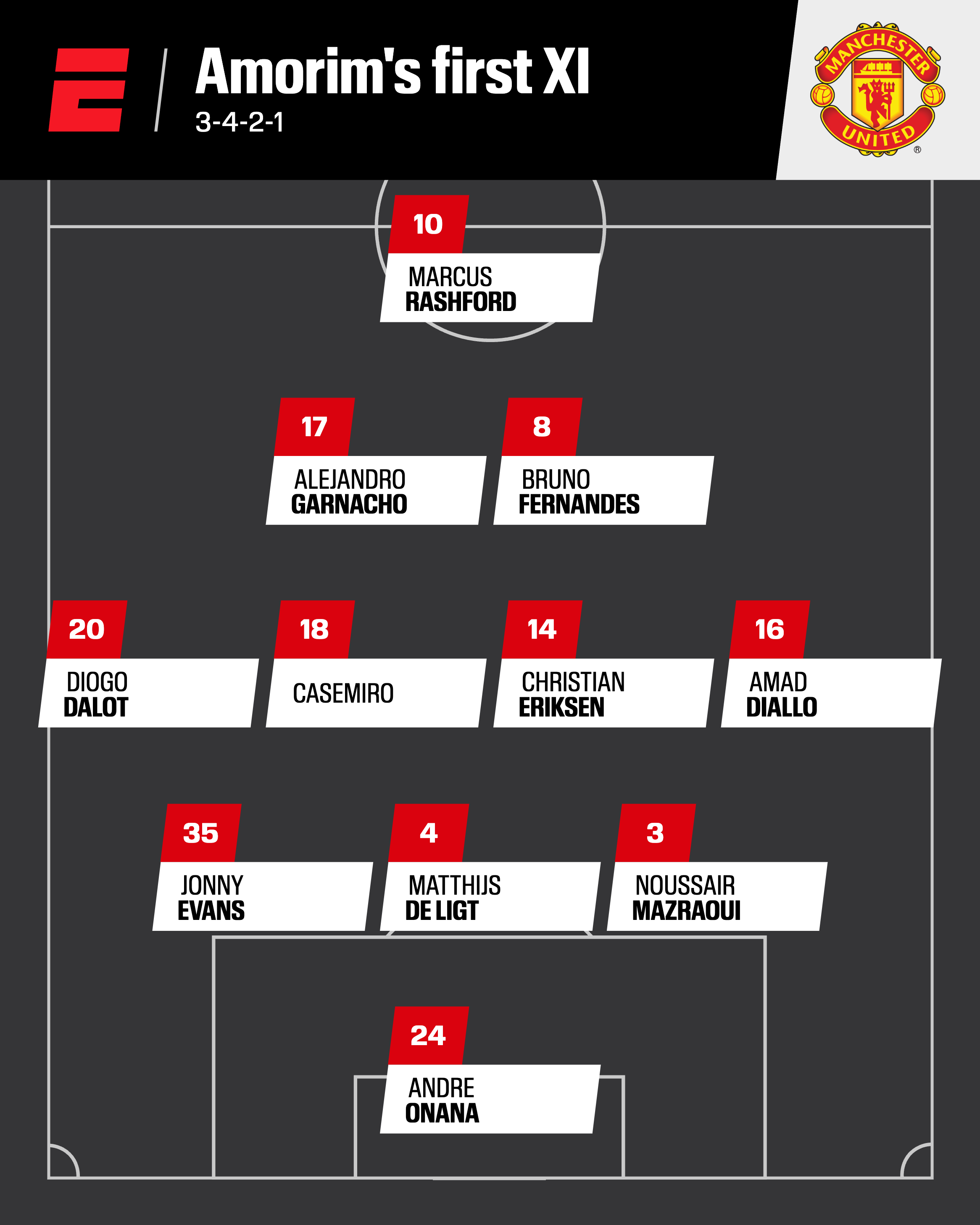
In the buildup to the game against Ipswich, Amorim spent time working on the team’s shape on the indoor pitch in the academy building at Carrington, which had been used primarily for muscle activation and warm-ups by Ten Hag. Amorim was at the center of all the sessions, stopping them regularly to relay instructions and even physically dragging players into the right positions when things weren’t quite right.
“We didn’t have much time because it was the middle of an international break when he came in,” Evans says. “The majority of the players didn’t meet up until the Thursday and the game was a Sunday, so we only had a couple of days working on it.
“It was a new system, so we were getting used to it at the time. Once or twice on the press, he was wanting us to be a bit more aggressive. I was looking over to ask, ‘Am I doing the right thing here?'”
Amorim said that throughout the game he had the feeling that his players were overthinking and, at times, “confused.”
“It was really hard for them; they were thinking [about] what to do,” he said. “It was not fluid, which is normal after just two training sessions.
“Things are so different. They used to pass the ball and go forward. Even the center backs. Now, they have to go back. Dalot used to pass the ball to the center back and then go inside and play as a midfielder. Now he has to stick in this position. It’s hard for the players in three days to try to cope with everything.
“Next year we could be at the same stage with the same problems. Or we start now. We risk a little bit, we suffer a little bit and in a year we will be better.”
1:28
Gab and Juls rate Ruben Amorim’s first year at Man United
Gab Marcotti and Julien Laurens look back on the first 12 months of Ruben Amorim’s tenure as Manchester United manager.
The issues on show against Ipswich a year ago weren’t easily solved, however, and the suffering Amorim predicted came in the form of a 15th-place finish in the Premier League. But ahead of Everton’s visit to Old Trafford on Monday, there’s a sense that things are, as Amorim put it, “getting better.”
It’s evidence of the change he has overseen in 12 months that only six players who started against Ipswich are still at the club. Summer additions, particularly Bryan Mbeumo and Matheus Cunha, have helped speed up United’s development, and the system is gradually looking less confused and more fluid.
While Amorim initially made no secret of his desire to start the job in the summer, he now views the opportunity to make early decisions as a positive. It meant that the start of this season has felt like a fresh start, something rammed home by Amorim during the preseason tour of America.
As well as intense tactical sessions, the trip to Chicago, New York and Atlanta saw a focus on team bonding. It was a continuation of a process that started in the team hotel before the game against Ipswich when circular tables were replaced with two long tables, one for players and the other for staff. The feeling was that smaller tables lent themselves to the squad separating into cliques, and Amorim wanted his players to spend more time together.
Amorim also limits one-on-one conversations with players because he prefers to speak to the group as a whole as often as possible. Even that is carefully conceived with a purpose in mind.
There was no dressing room debrief at Portman Road a year ago, and there’s unlikely to be one after the game against Everton on Monday, with Amorim instead preferring to let the emotion of match day drain away before addressing his players. However, that doesn’t mean the players are immune from being told off, and, particularly last season, there were some angry debriefs at Carrington when things weren’t going well.
The mood is different now. Amorim heads into the game against Everton on the back of a five-match unbeaten run and an acceptance that it was worth the short-term pain of last season to get a head start on what is still a gargantuan task at Old Trafford.
“I think we are showing [the team is different], but the important thing is that it doesn’t matter what we did in the recent games,” said Amorim on Friday. “We cannot forget that we started at that point [against Ipswich], we suffered a lot last year, so we have to take that into account and play every game like it’s the last one.
“But of course, if you ask me, I expect a team [against Everton] with more control, more dominance, playing better football and, the most important thing, more competitive in every way.”
A year on from his first game in charge, Amorim is hoping United can begin to take the next steps on their journey back towards the top.




